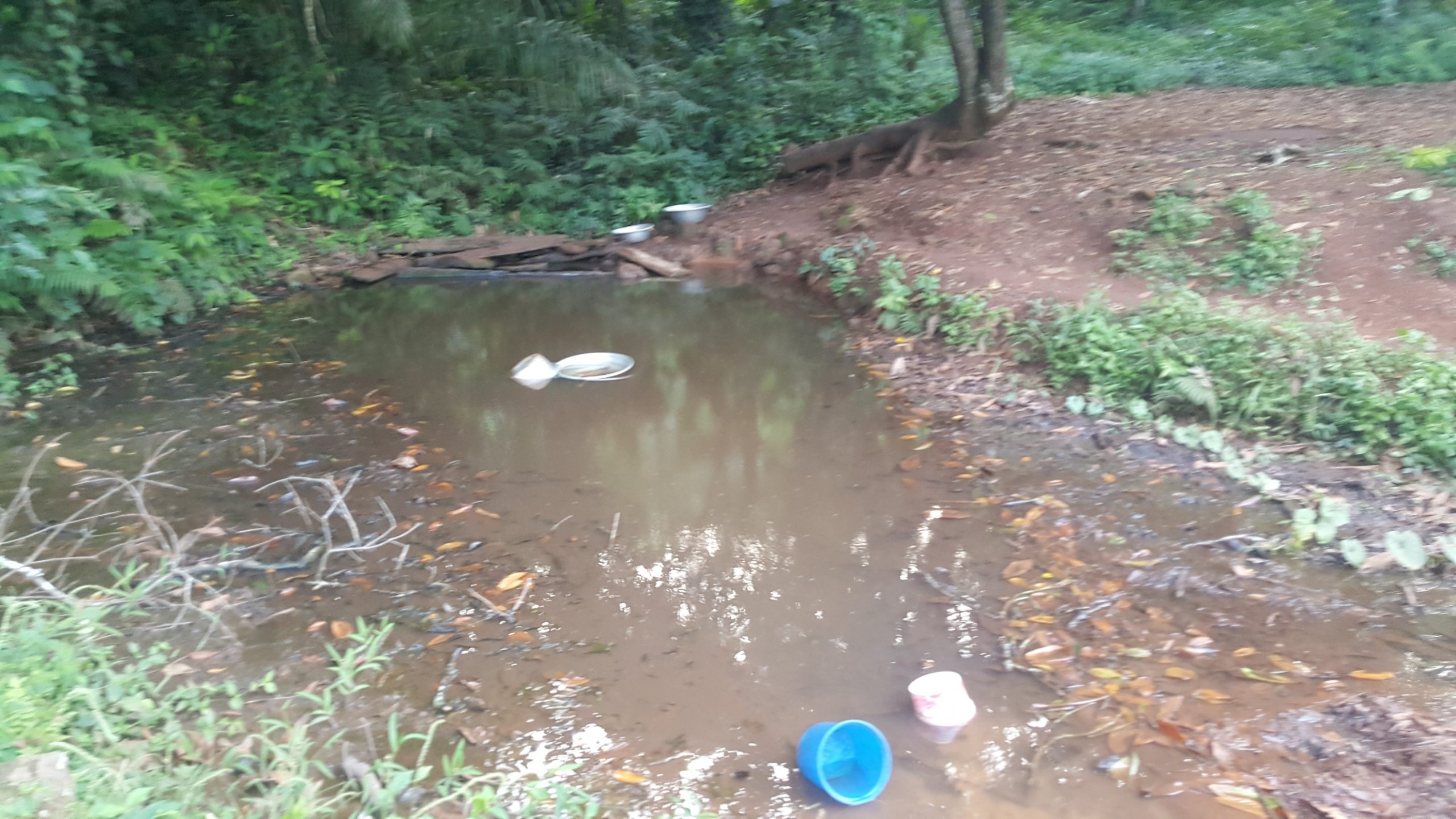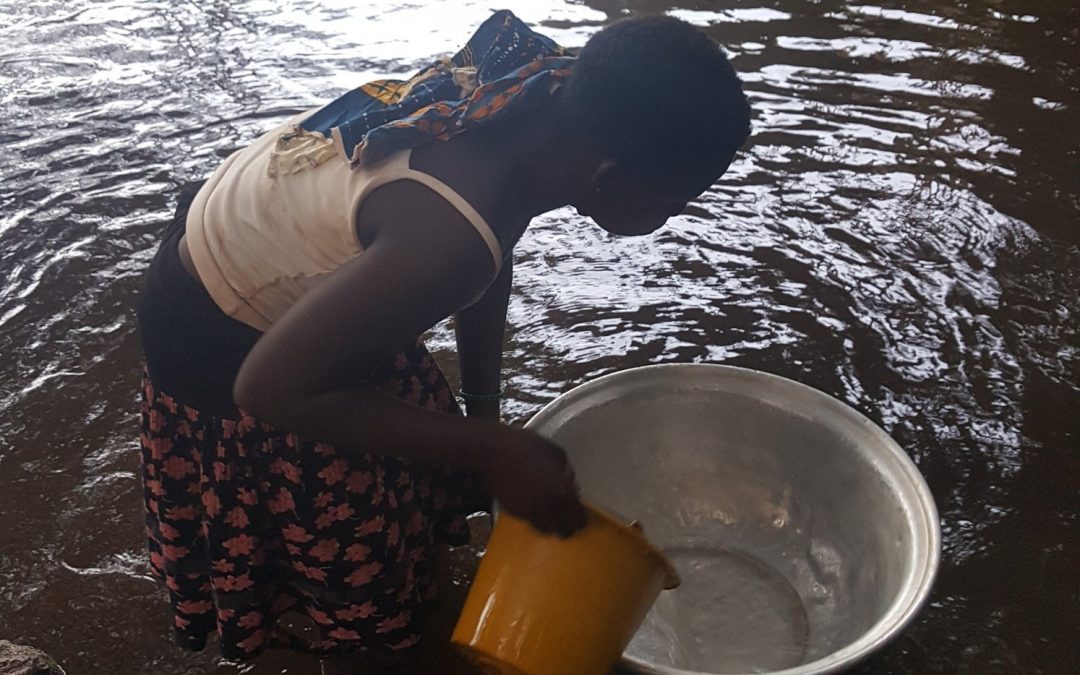
Residents of Similimi, a village in northeastern Côte d’Ivoire, are celebrating a decision of the ECOWAS Court of Justice finding the Ivorian government culpable of human rights violations in connection with destructive manganese mining on their traditional lands. At its sitting in Abuja on Thursday, November 30, 2023, the ECOWAS Court of Justice declared the Republic of Côte d’Ivoire guilty and ordered the government to pay 20 million CFA Francs each to eleven individual plaintiffs and to repair the environmental damage caused by the mining project.
The Fight for Justice
In the hope of obtaining justice, 14 representative inhabitants of Similimi, along with a communal self-help organization, filed a complaint in the ECOWAS Court of Justice in April 2020. The communities are supported by two member-organizations of the Public Interest Lawyering Initiative for West Africa (PILIWA), Advocates for Communities Alternatives (ACA) and Groupe pour la Recherche et le Plaidoyer sur les Industries extractives (in English, the Extractive Industries Research and Advocacy Group, known by its French acronym, GRPIE). The plaintiffs accused the Côte d’Ivoire of illegal expropriation, non-compliance with the rules of due diligence, and complicity in environmental, economic, and cultural damage.
The Court’s November 30 ruling determines that the State is in fact responsible for violations of Similimi residents’ rights to a healthy environment, to health, to an adequate standard of living, to private and family life, and to freedom of worship and religion. The Court dismissed the Applicants’ claim that their right to property was violated, for lack of sufficient evidence of ownership. “Even if the Court did not recognize our proprietary right to our ancestral lands, we are indeed happy that our voices were heard by a regional tribunal and that the suffering that we have endured over the years has not been in vain,” said Adou Kouamé, village chief of Similimi and a complainant.
“We welcome this decision of the ECOWAS Court of Justice which recognized that the State of Côte d’Ivoire voluntarily facilitated and permitted the actions of BMSA, leading to the deterioration of the environment, causing health problems among residents, deteriorating the quality of water and air, destroying their crops and places of worship,” declared Mr. Rashidi Ibitowa, lawyer for the plaintiffs.
Brief Background
The inhabitants of Similimi, a village in the sub-prefecture of Bondoukou, about 430 km from Abidjan in the Republic of Côte d’Ivoire, mainly grew cashew nuts, fruits, legumes, and vegetables on their land before Bondoukou Manganèse SA (BMSA) began its operations. These lands were their sole form of economic support until the Ivorian government granted the company a mining concession in the area. The company soon began digging mining pits within a few hundred meters of the inhabited area of the village.
Over more than a decade, the operations of BMSA have caused serious disruption to the lives of the people of Similimi. Improper disposal of waste products has polluted the waters, resulting in serious – and sometimes fatal – digestive disorders. Heavy vehicular traffic and extensive strip mining create constant dust and fumes, causing respiratory problems. The company’s land clearing activities have deforested the landscape and devastated places of worship, making residents’ traditional cultural practices impossible. And the noise of dynamite disrupts residents’ sleep and affects their mental health. Women are particularly affected, as the loss of natural resources undermines their social status and ability to provide for the basic needs of their families.
Despite numerous complaints addressed to the mining company and the Ivorian authorities, the injuries and human rights violations have persisted without an effective remedy. The people of Similimi have requested repeatedly to be relocated away from the mine, but their prayers have gone unanswered.

Recent Comments